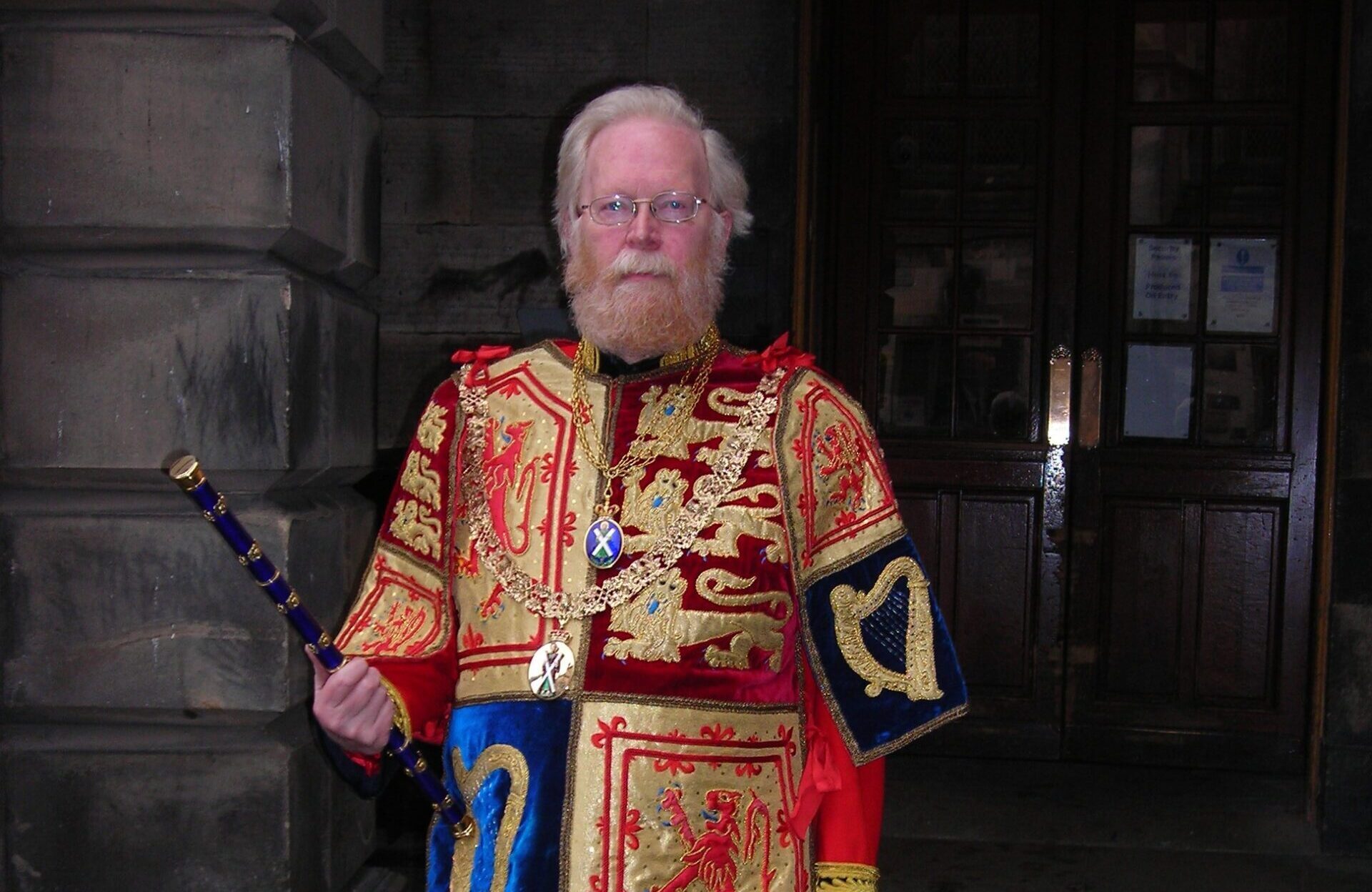by Andrew Steven, Professor of Property Law, University of Edinburgh.
The Moveable Transactions (Scotland) Bill was introduced to the Scottish Parliament on 25 May. The Scottish Government is therefore implementing the recommendations made by the Scottish Law Commission in its three-volume Report on Moveable Transactions (Scot Law Com No 249, 2017). The Public Finance Minister, Tom Arthur MSP has described the Bill as “vital to helping businesses and the wider economy”.
The report was the culmination of a large project conducted by the Commission. Its Discussion Paper of 2011 (Scot Law Com DP No 151, 2011), on which Professor George Gretton, Lord President Reid Professor of Law Emeritus in Edinburgh Law School was lead Commissioner, was the subject of a symposium by the Edinburgh Centre for Private Law in October 2011. The papers presented were published in the May 2012 issue of the Edinburgh Law Review. Following this symposium and consultation, I was responsible as lead Commissioner for taking the project through to the 2017 Report. It has a draft Bill annexed to it, on which the Scottish Government Bill is based. The Bill is arguably the largest reform to Scottish moveable property law since the Sale of Goods Act 1893, although its successor, the Sale of Goods Act 1979, falls outwith scope because of its UK-wide application.
Leave a Comment



